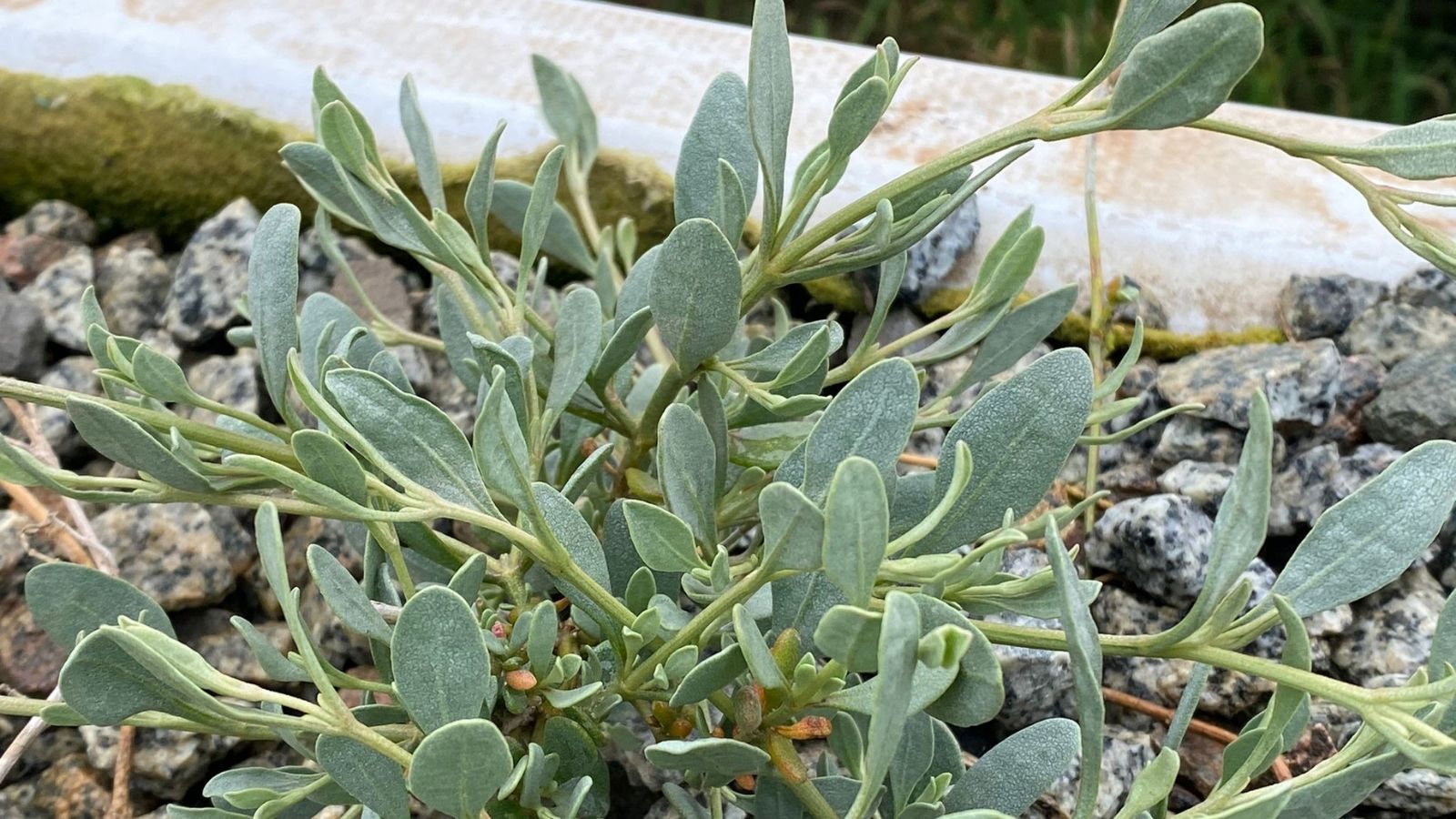REefVOLUTION is an inter-, multi-disciplinary and holistic project with the participation of marine ecologists, biochemists, plant scientists, geographers, and analytical chemists. The main objective is to exploit Biorock-based artificial reefs colonized with benthic filter-feeding and suspension-feeding organisms (e.g., sponges, ascidians, annelids, scleractinians, hydroids or bryozoans) for bioremediation of the coastal seabed of the Balearic Islands that is greatly affected by the continuous discharge of treated / reclaimed water with concomitant exploration of analytical suspect-screening methods based on liquid chromatography and high-resolution mass spectrometry.
This project is not only intended to identify and quantify emerging (unregulated) organic pollutants from the reclaimed waters released by marine outfalls to help establish more effective treatment technologies in wastewater treatment plants (WWTPs), but most importantly to restore autochthonous fauna and flora in coastal areas that have been deteriorated by the input of usually relatively polar chemical compounds that slip through WWTPs.
Within the objectives of sustainable development of the Agenda 2030 and the environmental objectives of the ecological transition set out in Regulation (EU) 2020/852 of the European Parliament and of the Council of June 18, 2020 on the establishment of a framework to facilitate sustainable investments, this project delves into the resilience of aquatic life and the circular/bioeconomy by exploring the potential valorization of the biomass generated throughout the environmental restoration. The idea behind is to isolate bioactive natural products (namely, tyrosine-derived brominated compounds, polyprenylhydroquinones, polycyclic guanidine alkaloids, just to name a few families) produced by the filter-feeding organisms in environmentally impacted marine settlings by green extraction methods capitalized upon natural deep eutectic solvents (NADES) for potential use in the pharmaceutical industry.
This project is supported by a large number of stakeholders from both the private and public sector including several entities from the Regional Ministry of Environment and Territory, the Port Authority of the Balearic Islands, the public water and sewage management company of the city of Palma (EMAYA), municipal services companies (e.g., EMSA SAU), Enzo Life Sciences, Cayman Chemical Company and GENESIS Biomed.


